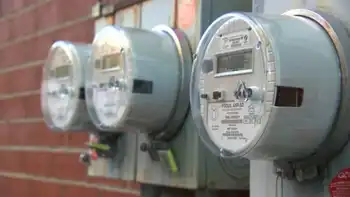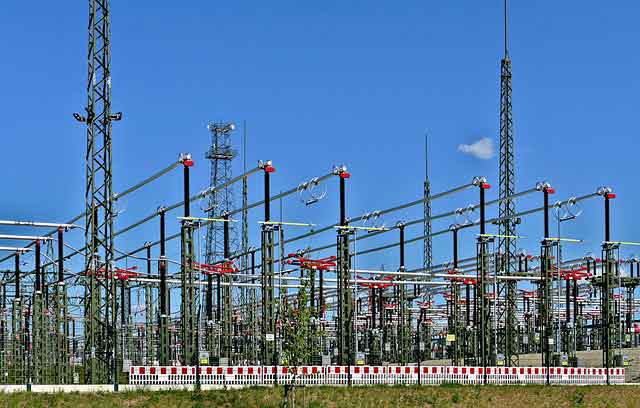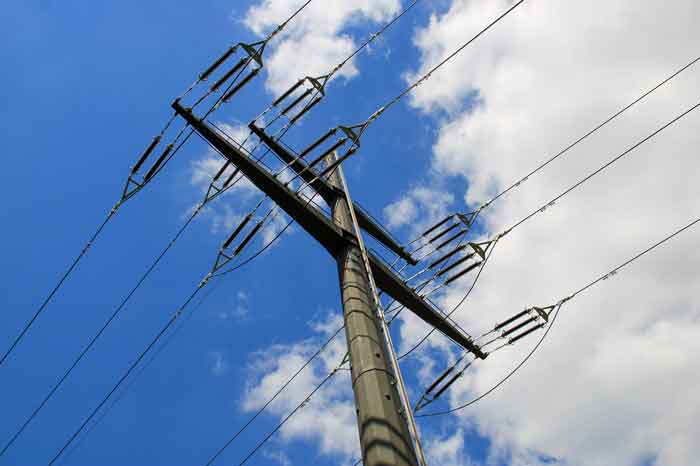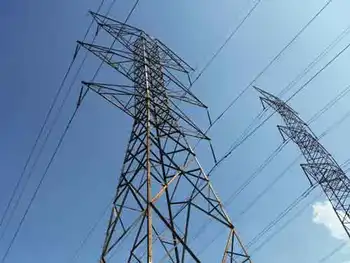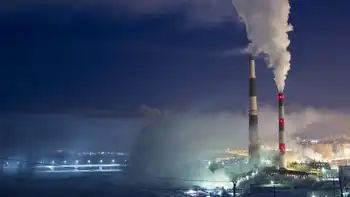“Get Ready Tampa Bay” promotes EV usage
By St. Petersburg Times
Substation Relay Protection Training
Our customized live online or in‑person group training can be delivered to your staff at your location.

- Live Online
- 12 hours Instructor-led
- Group Training Available
"How can I do this?" they read.
And when gas prices were high a few years back, "everybody wanted to be my best friend," said Cronin, 49.
Cronin drives a 1994 Chevrolet S-10 pickup that he converted to run on batteries. His is one of few electric vehicles on the road now, but officials hope to persuade more to join him.
June 22 marks the launch of "Get Ready Tampa Bay," a partnership among local governments, utilities and businesses aimed at encouraging local residents to become owners of the 1 million new electric cars expected to be on the roads in the next five years.
"We want our region to be one of the ones that's leading the way," said Avera Wynne, a planning director with the Tampa Bay Regional Planning Council.
The project will bring together public and private groups to make the region more "plug-in" ready and to show potential car owners the infrastructure will be there when they need it.
Electric cars aren't widespread. Most of the ones on the road have been converted from gasoline engines, like Cronin's. By the end of the year, though, automakers like Nissan and Chevrolet are expected to roll out electric car models.
The cars draw a fair amount of skepticism, supporters acknowledge. The batteries last only so long. What happens if you accidentally run out of power away from home?
"I can't leave my house beyond a 30-mile radius without being sure I have a place to recharge to get back," said Dimitri Butvinik, a Riverview resident who drives a converted 2003 Mazda Protege.
The project hopes to eliminate recharging fears by pushing for public charging stations. Apartment complexes and retailers are also encouraged to consider installing stations.
Even with those public amenities, the cost likely will still be a turnoff to some. The cars tend to be more expensive up front than their gasoline counterparts, largely because of the battery's cost.
But Cronin said there are bigger issues at play though. April's Gulf of Mexico oil spill has pushed clean energy alternatives back into many local and national policy discussions.
He predicts the spill will make electric cars, which use a fraction of the energy traditional cars do, appeal to more drivers.
"That's going to have people looking at other alternatives," he said. "We can start to take steps so that we're not as dependent on foreign oil."





